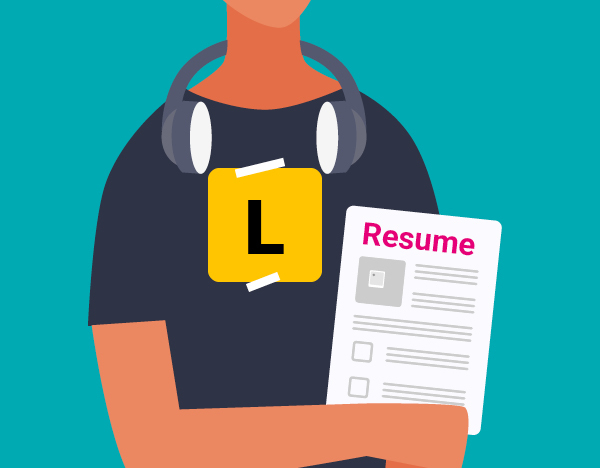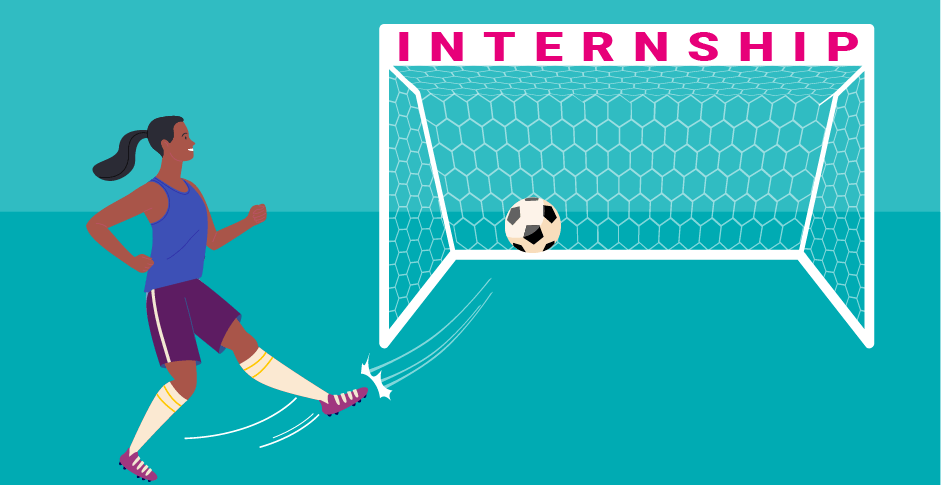Getting your first job can be a real milestone, and an exciting step towards more independence. But it can take a few attempts to get that first job or start paid employment when you have little or no experience. And now with the impact of COVID-19 on the economy and day-to-day life, you could face some extra hurdles before you get there.
Thankfully there are a few key things you can focus on to help you stand out to potential employers and show them what you’ve got to offer as an employee. Vanessa Giannos, CEO at HR Experts International, shares her tips on landing your first job.
1. Focus on what employers are looking for
Understanding what employers want from inexperienced workers can help you create a resume that highlights how you can offer these things. Giannos says employers want to see evidence of good character and a strong work ethic, reliability and common sense.
Tip: Job ads are a good place to start. Focus on the ads you’ve seen already, or search for a job or type of work you’re interested in. Look at how these ads are written – are there any phrases or terms that stand out, such as ‘motivated’ or ‘enthusiastic’? This can give you an idea of what employers are looking for.
2. Make sure your resume shows evidence of these skills
Giannos says there are plenty of ways to illustrate the skills or traits employers are looking for, even if you have little or no paid work experience. For example, you might show these things on your resume through:
- Doing well at school. “Getting good marks or positive feedback around effort in your reports shows the ability to focus and get results and a good work ethic,” Giannos says.
- If you’ve mastered a skill like ballet or a musical instrument or learned a language.
- Being part of a sporting team. “Going to footy practice every week shows reliability, for example.”
Location is also often a factor, so if you’re applying to local businesses, stress how quickly you can get in to work and how flexible you can be.
Tip: This free resume template can help you get started – download it and customise it with your own skills or traits. It’s a good idea to get someone you trust to look over your resume to offer ideas for improvement and pick up any errors or spelling mistakes.
3. Build experience while you wait
Volunteering is a great way to gain practical experience and show your willingness to work hard. There are even organisations in need of many volunteers during COVID-19 that have volunteer roles you can apply for.
Aside from volunteering, looking for one-off paid jobs could help you show potential employers your work ethic, score references from paying customers and even make some cash. Not sure how to get started? Giannos suggests you:
- Put up signs or post on your local community Facebook pages offering your services – whether it’s dog walking, lawn mowing or another skill you can provide.
- Check out sites and apps offering temporary work such as Sidekicker, Airtasker or Fiverr for jobs requiring unskilled labour
Tip: Remember to ask people to rate your work and include any written references with your resume.
4. Boost your resume by upskilling
While you’re searching for a job, you could also look for ways to boost your skills and learn something new that employers might find valuable:
- Learning institutions offer a range of free short courses through sites including FutureLearn (you may have to pay a fee to be issued a certificate on completion, so make sure you check out the fine print up front and read reviews before handing over any money or banking details.)
- Bump up your practical skills by taking a barista course or first-aid training, for example.
Tip: Don’t forget to update your resume to include any new skills or qualifications.
5. Introduce yourself
It’s one thing to have a great resume, but it can be really useful to give employers a sense of who you are – not just your skills on paper. If it’s possible and safe to do so in your community, visit an employer you’d like to work for to submit your resume in person – sometimes being in the right place at the right time can help you land that job. Ask to speak to the local store managers. They might say to apply online, but striking up a conversation shows initiative. If you can’t do this in person, a phone call could be the way to go.
Tip: Be persistent, but polite and not pushy. Once you’ve applied, follow up with the employer few days later via a quick phone call, email or in person if possible. And consider following up again down the track to ask about jobs – this helps keep you on top of their mind if something comes up, and gives you an opportunity to let them know if you’ve earned any new experience, references or completed any short courses.
6. Be kind to yourself
Unemployment and looking for work can be tough, and COVID-19 has made it that bit more stressful, says psychologist Dr Joann Lukins. Being knocked back can feel really disheartening, but it can be part of the process. As well as going easy on yourself by acknowledging that it may take time, the people around you may be able to help you stay motivated, too.
“It’s normal to feel frustrated, angry, scared, sad or worried, or like giving up when looking for work. Reaching out to people you trust, connecting with others, and seeking support will help you manage better,” she says.
Finding your first job might come with a few extra hurdles at the moment due to COVID-19. It might take a few attempts, but by following these tips and getting support from people around you to stay motivated, you’ll be on track to landing that first paid gig.



